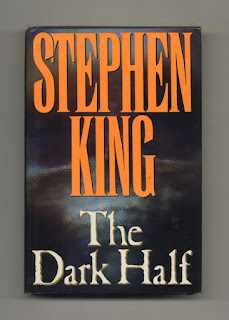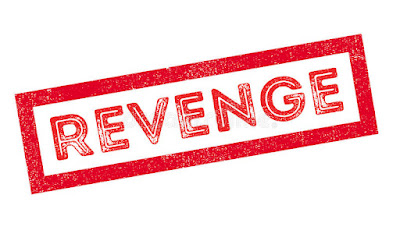 |
| Philip Freneau |
Philip Freneau (1752-1852) was a journalist and poet in the early years our country was forming. And, oh, by the way, I once wrote an undergraduate paper about him back at Hiram College (1962-66) and am surpassingly grateful that some copy of that paper is not swirling around on the Internet. If you read it, you’d know why I feel that way.
He wasn’t a great poet—or even a very good one—but because he was one of our earliest, he is still anthologized.
One of his poems (“The Indian Burying Ground,” 1787) I’ve memorized—principally because of that research paper I wrote decades ago. (Link to poem.)
Most of that poem doesn’t have anything to do with what I want to write about today, but the first two lines do—here they are:
“In spite of all the learned have said, / I still my old opinion keep ....”
Sound familiar—not the exact words but the message? It could very well be the mantra of much public behavior in our country these days—not just “live” behavior but on social media, as well.
There are a tremendous number of people out there who have come to reject “the learned,” who reject the research and the findings that the learned have advocated.
Part of the problem is that the learned so often publicly disdain lesser educated folks. So many of the learned have earned the noun/adjective elitist. We have forgotten that, in a democracy, we are all equal—if not in knowledge, in humanity.
Though we all have different knowledge, skills, and experiences, the elitists often seem to have forgotten the value of so many other people’s labor and knowledge to the welfare of our country. Elitists sometimes sniff when they ought to sing their gratitude.
One result of this has been that many in our country reject “all the learned have said” in favor of what they think—or what they hear on our wildly divergent social media and news sites.
And, by the way, our media have always been divided. From the earliest days of our country political opponents have published their own newspapers, published egregious distortions (and lies) about the other side.
Anyway, I’ve always tried to value people for what they know, not disdained them for what they don’t. I listen to the mechanics who work on our car, the lawn service crew who work on our lawn, the kind people making my coffee, the man who delivers our mail. And on and on.
Just as I, Back in the Day, wanted folks to listen to me when I talked about teaching English in a middle school (which I did for about thirty years). We need to listen to those who know.
My Facebook friends are about as diverse a list of human beings there could possibly be. I don’t agree with what all of them say, but I try to hear it. Try to understand it.
I don’t argue online. (It’s pointless, isn’t it?) And one principal reason is this: I love my former students (who compose about 90% of my Friends list), so I try to listen—and understand.
This is one of the reasons that our current, volcanic society is so depressing to me—people screaming in public meetings, people doubting the work of people in highly specialized fields, people who have decided that anything they hear that they don’t agree with is “fake news.”
Anyway, I am not long for this world, but as long as I am here, I will listen to my oncologist, to my other doctors, to my many friends who practice occupations that I know so little about.
Maybe—if we listen more, respect those who know things we don’t—we will never again write poems that begin with “In spite of all the learned have said.”
Yes, we are all equal but we must rely on the various talents and knowledge of people who are very different in superficial ways from us.































